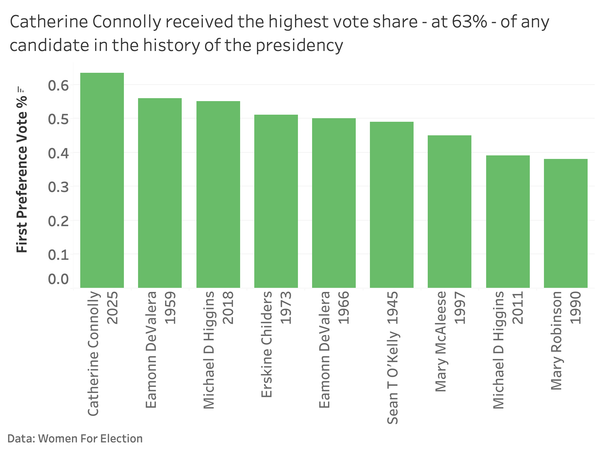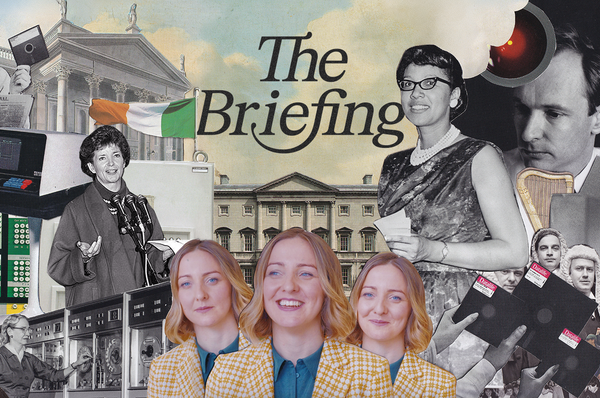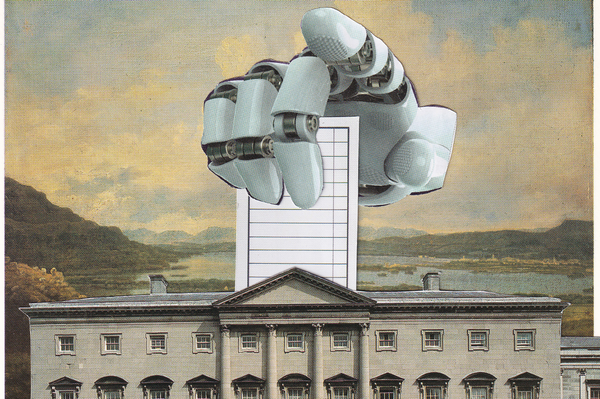From "Happy Slaps" to today's political violence
Are we seeing an unholy alliance between far right radicalisation, and the exhibitionist nihilism that emerged almost as soon as the camera phone did?
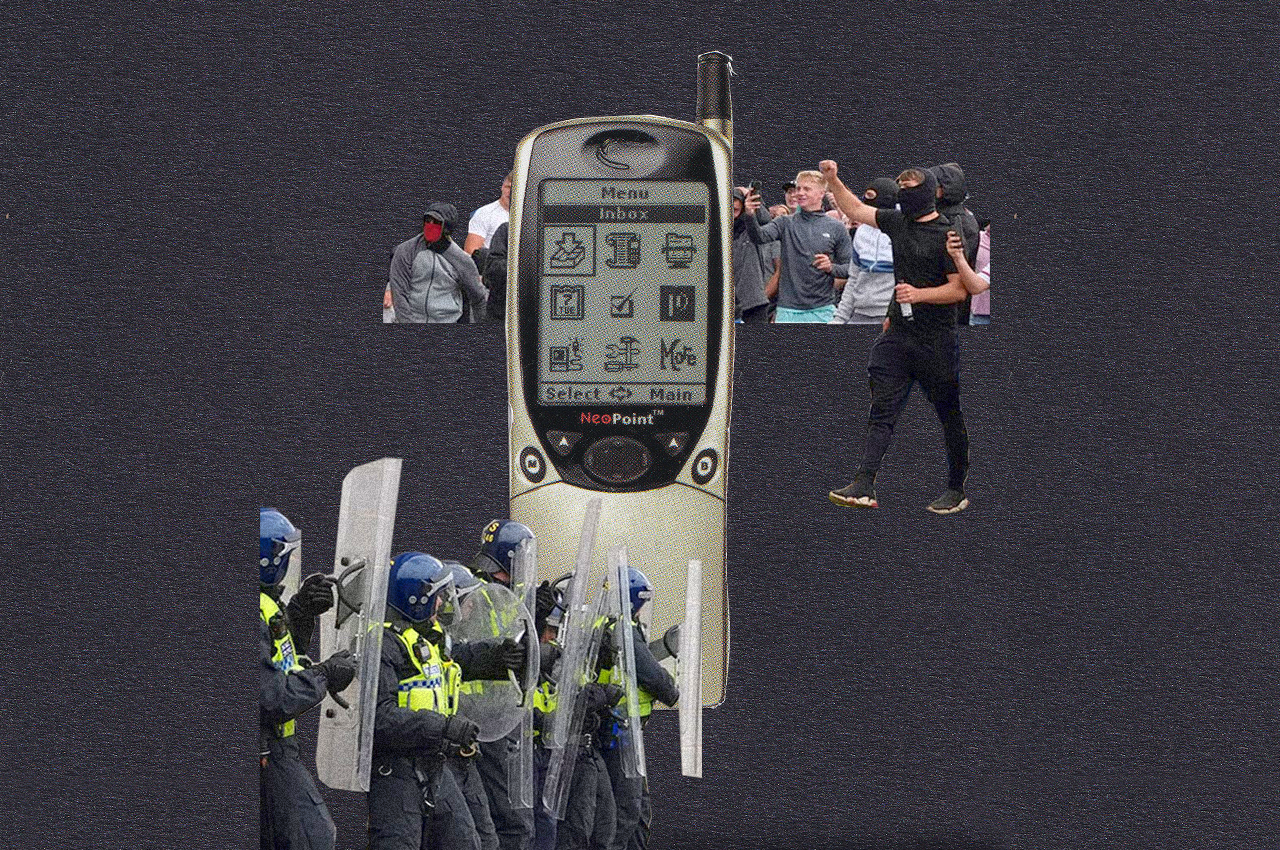
I have been thinking a lot lately about Happy Slapping. You will remember Happy Slaps if when you hear the term "WAP", your first thought is how your flip phone used to connect to the internet. And when I say internet, I mean this:
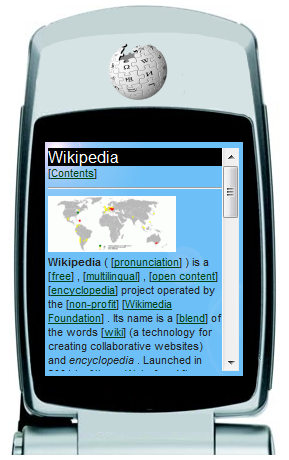
The first crime wave / moral panic of the cameraphone era
Depending on who you ask, Happy Slapping was either the first crime wave or the first moral panic of the cameraphone era. From 2005, stories proliferated across the media about teenagers, amped up by MTV's Jackass, assaulting strangers while their friends filmed on their Nokias. Videos were then shared mostly via Bluetooth and Infrared connections, though the launch of YouTube in February of 2005 meant that it soon became a potential location to share video too.
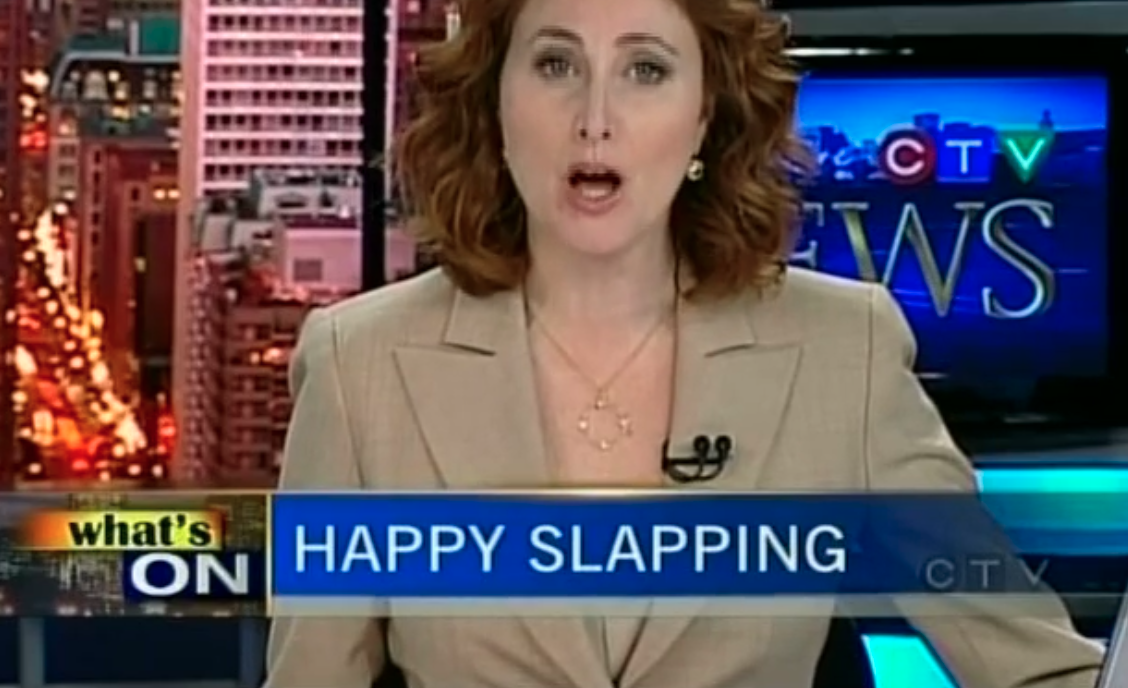
While there were several incidents of serious injuries, the idea really caught fire in the media. Channel 4's Trevor McDonald did a special on it that had to be moved beyond the watershed. The BBC reported endlessly on the phenomenon, including that then Deputy PM John Prescott was threatened by camera wielding youths in a petrol station. Prescott then used this experience as his justification for trying to ban "hooded tops". France's then Minister of the Interior Nicholas Sarkozy passed a law against it.
It is worth noting that no-one has been able to quantify the actual scale of the issue. One contemporary report by a communications think tank found that while there were 41,200 Google search results for the phrase "Happy Slaps", there were no image results, most links were talking about the trend, and almost all of the purported links to videos were dead.
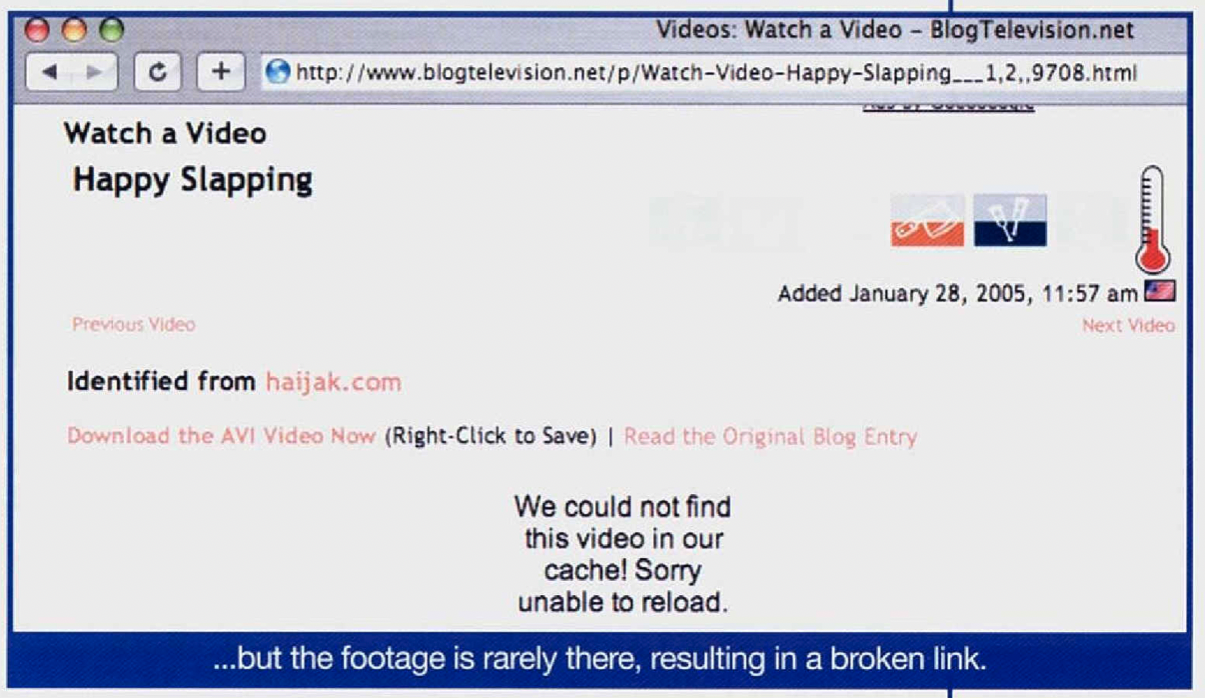
A 2018 "Complete History of Happy Slapping" by Vice is well worth a read if you want to know more, especially about the debates on whether this was a Moral Panic, and how the trend escalated over time and was used to refer to the filming and posting of very violent crimes, up to and including murder.
A short cut to fame
Vice outlines two essential features of these kinds of attacks, 1) there was no motivation for the specific act of violence - "the less the victim was expecting it, the better", and 2) they were filmed - "the video completed the act; it was a vehicle for the component that made happy-slapping whole: the humiliation".
In terms of overall motivation, two things comes up a lot - boredom, and the idea of getting to be a little bit of a celebrity if your video is seen by people. As one expert said at the time,
”I think happy slapping is becoming a short cut in the eyes of the slappers to fame and notoriety among the people who see the images circulated on the web or sent to them via their mobile phones.” Graham Bramfield
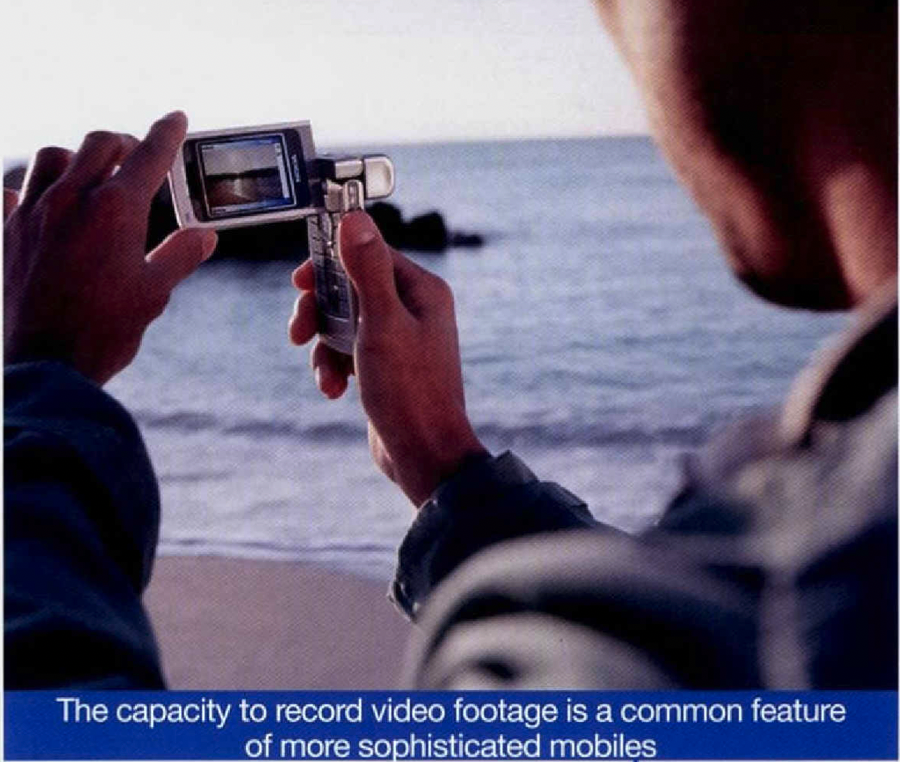
Today's filmed violence is highly political
The bit about filming violence in order to humiliate, and in order to gain notoriety among a community, will resonate with anyone watching today's trend of self-filmed political violence. I have written before here and in the Irish Times, about the many reports of harassment, intimidation and threats against candidates in recent Local and European Elections:
What is striking is the consistent way victims report being filmed. This footage is then circulated mostly within semi-closed online communities in order to earn bragging rights... We are now in a dangerous era of hybrid online-offline political violence.
This hybrid online-offline piece - performative violence to humiliate and for in-group fame - is what has me thinking about Happy Slaps. Yet while a kind of nihilism prevailed the Happy Slap era, our current trend of filmed political violence has flipped the "no motivation" aspect on its head.
The recent videoed attacks on candidates in the Irish elections - and last year's Dublin riots and the UK's recent violence - are highly politically motivated, centring on racist conspiracy theories and online misinformation. Are we seeing an unholy alliance between far right ideologues and online radicalisation, and the exhibitionist nihilism that emerged almost as soon as the camera phone did?
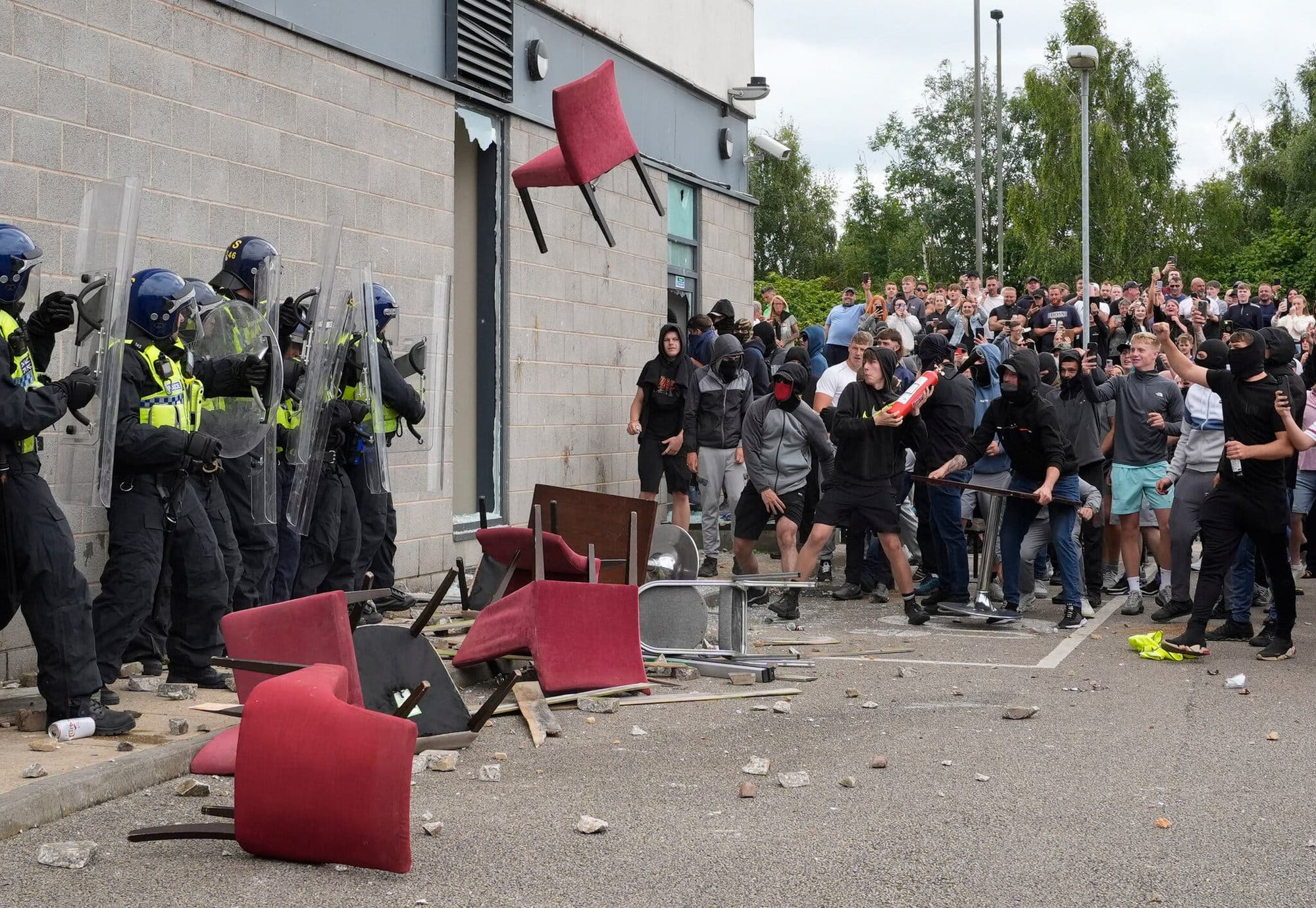
Is there a link?
It might be that there is no link between the two phenomenon. Smartphones are now ubiquitous, it is easy to take a picture and post it on the internet, and everything is filmed, so why would attacks and riots not be broadcast also?
But it might also be that there is some sort of connection, that something explosive happens when you combine the ability to perform on film, with cultures where demonstrating that you are not bound by the norms of society and where wilful transgression is celebrated (as it often is with teenagers, and with violent and anti-establishment sub-cultures), with the logic and logistics of shock-value driven virality. Maybe Happy Slaps grew up, got political, and wants to burn the whole thing down. For Likes, or for a violent and anti-democratic new world order.


